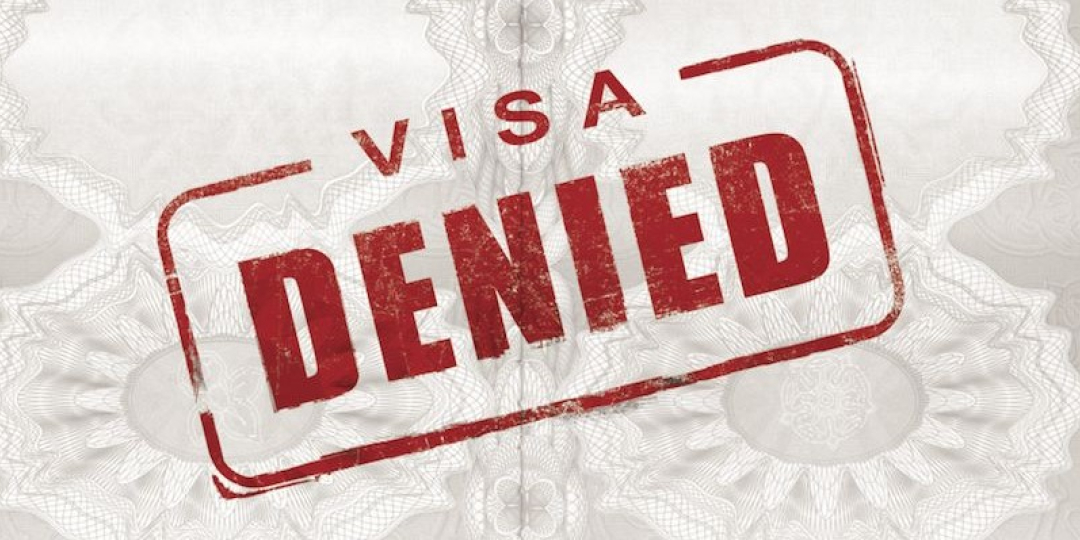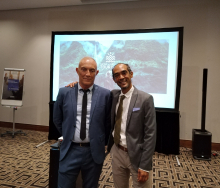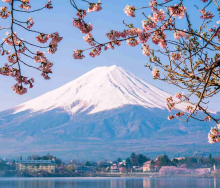Data has shown that Africa experiences a disproportionate number of visa rejections for popular tourism destinations. Visa experts weigh in on what South African applicants are possibly getting wrong when applying for a tourist visa.
VFS Global reported that in 2023, South African visa applications reached 94% of pre-pandemic levels.
The most popular destinations were found to be Canada, Australia and the Schengen region.
While visa applications surge, data from Schengen Visa Statistics showed that, of the 10 most rejected nationalities for Schengen Visas, six are from Africa. The visa rejection rate for Schengen visas was found to be 4,8% for South Africans and the country was found to be in the top 10 nationalities that spend the most money on Schengen visa applications.
Data from the US government found South Africa to be the second most common African nationality to apply for non-immigrant visas in 2023, after Egypt. South Africans had a refusal rate for US visas of 11,27% for the 2023 fiscal year, an increase from the 2022 refusal rate of 9,68%.
Common reasons for visa rejections
Johan Pretorius is a consultant at Midlands Visa, a visa assistance company. He said the most common reason why South African visa applications were rejected was incorrect or missing documentation. “The application and the documents presented do not tell the same story. Applicants leave out critical information that would have an impact on the visa decision,” he said.
This was agreed by Nadia Wicks, Head of Operations in South Africa for VFS Global. Wicks said the company offered a document checklist to applicants to avoid the issue of incomplete documentation, but still found that it was the most recurring issue.
While VFS Global, Midlands Visa and travel agents fill an administrative and assisting role in visa applications, visa issuing decisions are at the discretion of the countries applied to.
Pretorius said in his experience, the Schengen region was not as strict as the US and Canada, provided the application was correctly filled in and submitted. However, Schengen countries tend to differ in the timeliness of visa processing.
“Countries like Poland have a waiting period of months to apply for a visa, yet for France we can get an appointment tomorrow. This means that if a traveller wants to travel to Poland, they have to make arrangements to apply to a different country and then ‘change their plans’ at the last minute,” he explained.
Travel agent X who spoke to Travel News on condition of anonymity, explained: “This is what we refer to as a fudged visa. You’re fudging the airline tickets, fudging the itinerary, whatever that country needs in order for you to get a visa.
“A lot of people have got away with it and have got the visas and it wasn’t a problem. But I have heard of instances from my colleagues that their client was refused a visa the next time they applied because the system had picked up what they had been doing.”
Pretorius said applications for US visas were the most difficult.
“One never knows the reason that the applicant has been declined. They have stock standard letters that mean nothing at the end of the day.
“We had a case recently where a mother and father got their visas, but their adoptive daughter of three was declined. The letter given to her was stock standard and basically stated that they were not convinced that she would return to South Africa as she did not have strong ties here,” he recalled.
Travel agent X reported the same issue with US visas.
“The Americans seem to have a youth embargo,” she said. When she managed to get in contact with someone from the US embassy after a young client was rejected, they said there was a quota for youth applicants that had already been filled. Pretorius said they worked on the assumption that all young applicants wanted to stay in the US and not return to their country of origin
“Visas are difficult, but I’m the type who doesn’t stick my neck out to fudge the books, because then we’re going to be referred to as fudgers and our word won't be taken as seriously. People will think travel agents are con artists,” she said.















